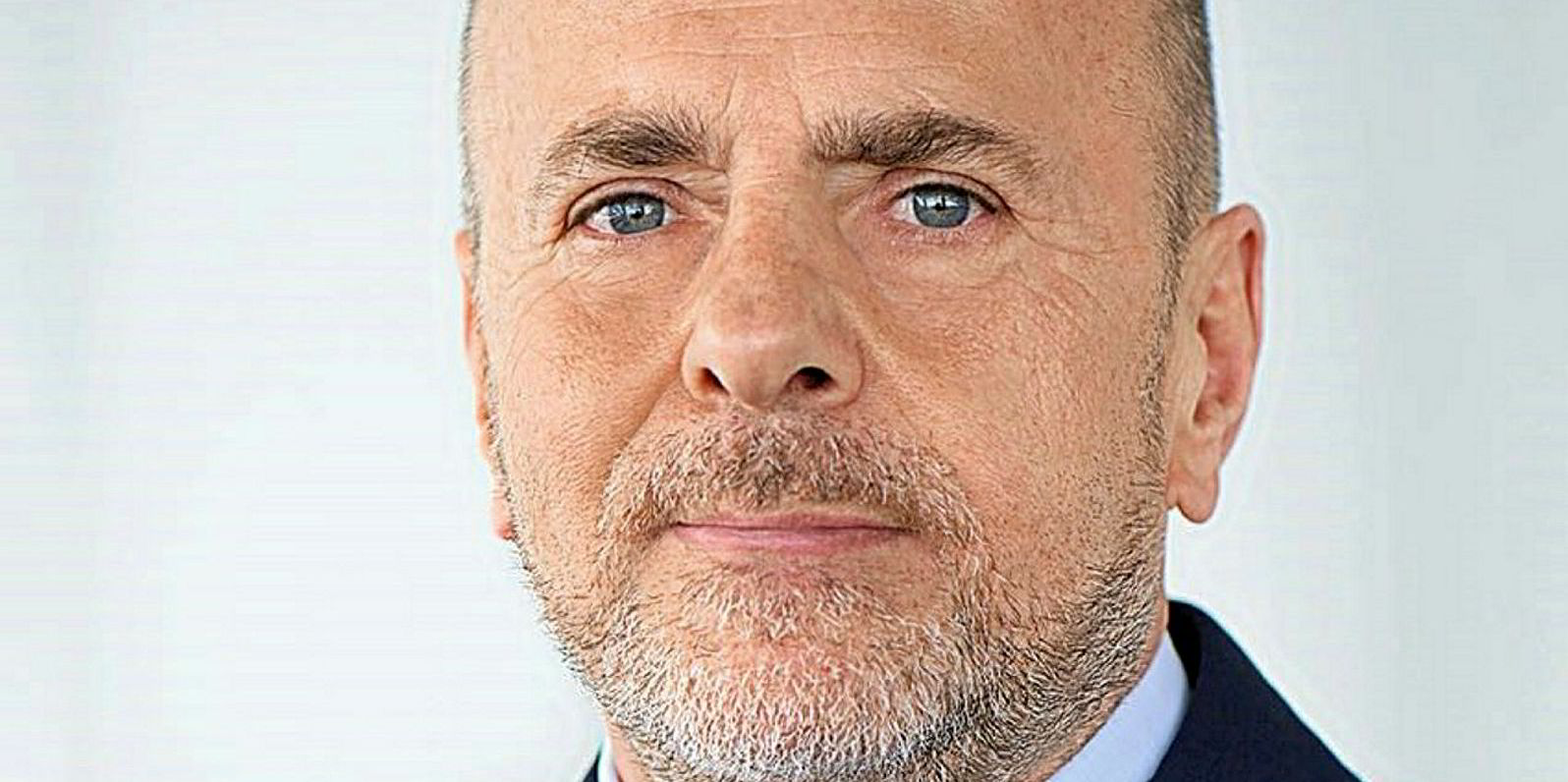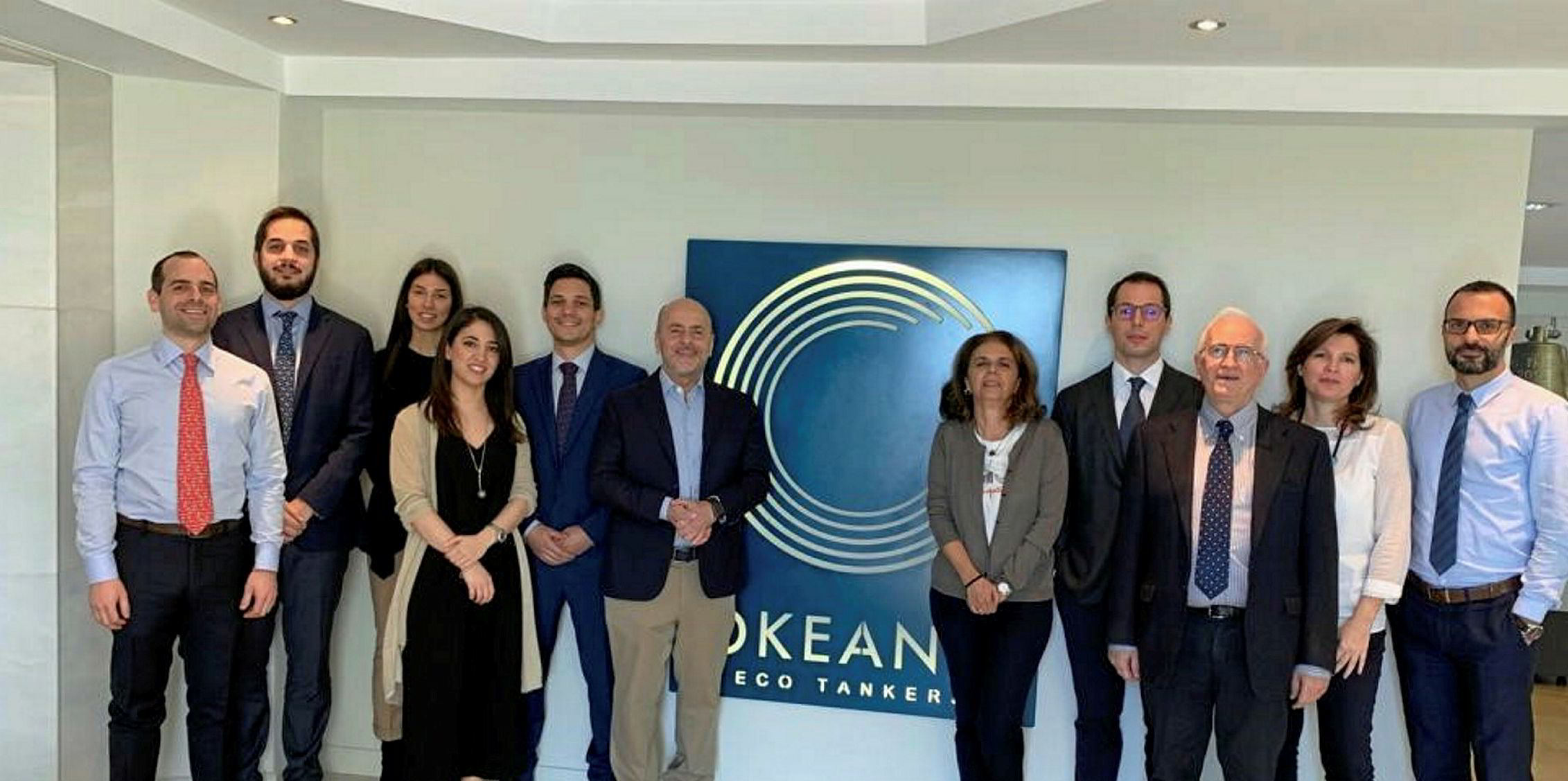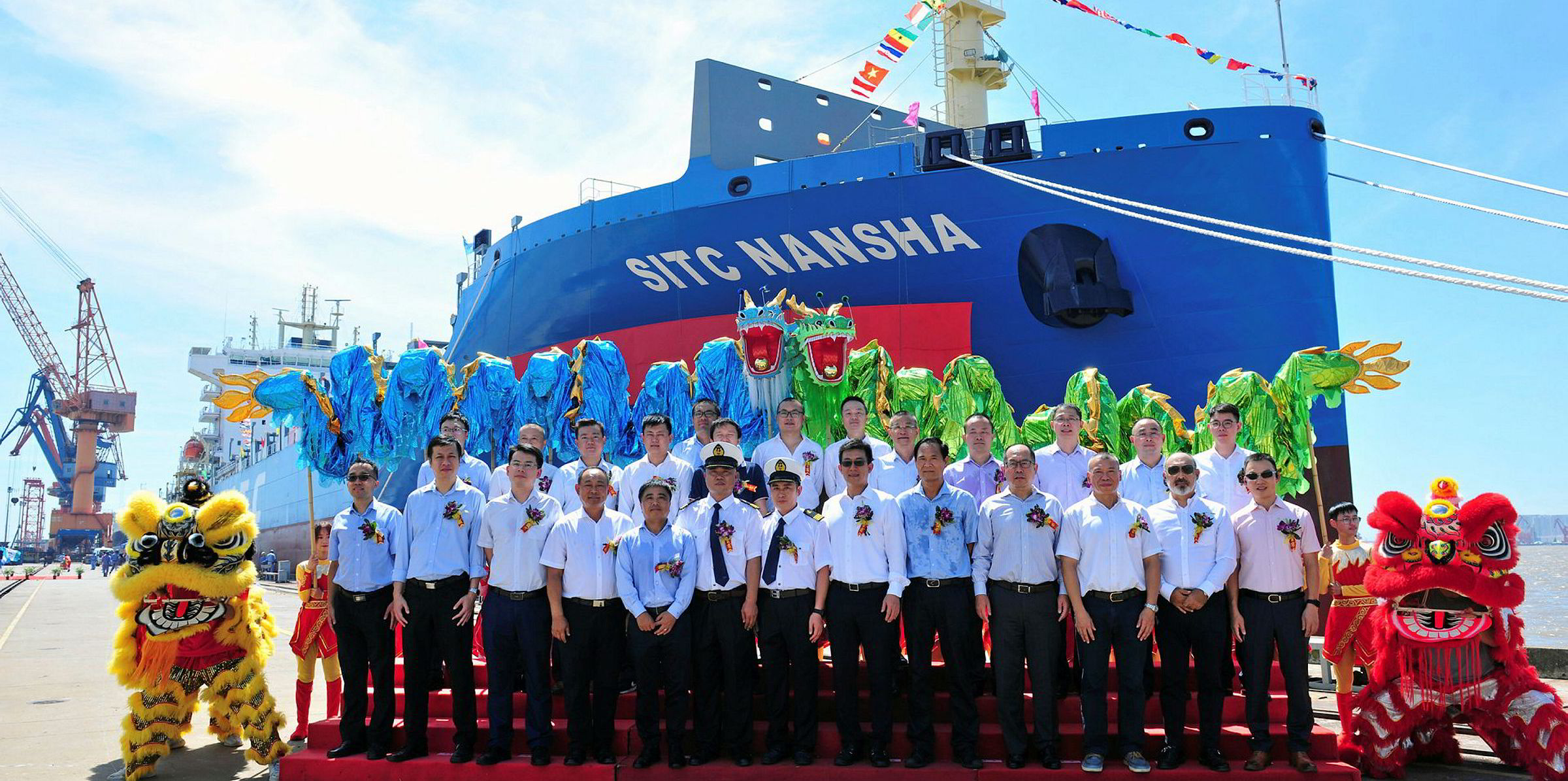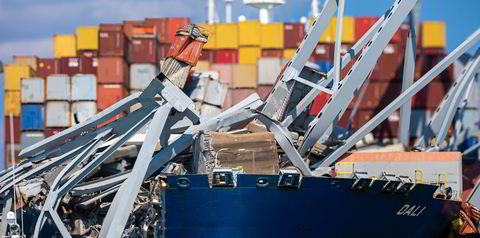Okeanis Eco Tankers (OET) — the only Greek shipping company listed on the Oslo Stock Exchange — feels at home in Norway.
“We’re very happy with Oslo,” Ioannis Alafouzos, chairman and chief executive of the pure-play eco-tanker player, said in a Zoom interview from his Athens office.
Established in April 2018 as a new holding company for tanker assets previously owned by Kyklades Maritime, which is the Alafouzos family’s private firm, OET listed on Oslo’s Merkur Market in July of the same year.
In March 2019, OET moved on to the Axess market, where it has since been competing for investors with established Nordic players such as Frontline, Hafnia and the Hunter Group.
OET’s management has found the experience gratifying.
“Oslo has a lot of transparency and very clear rules,” Alafouzos said. “Norwegian investors know shipping, you don’t have to explain to them what a tanker is, as we had to in other instances.”
More than two years into its listing and with a market capitalisation of nearly $200m at current share price levels, he said OET is reaching an inflexion point.
The outfit has just completed a $766m newbuilding programme at Japanese and South Korean shipyards that added a dozen VLCCs and suezmaxes to the five tankers that it started with.
Alafouzos said these will likely be OET's last newbuilding orders for a while, given current market circumstances and the company’s focus on creating shareholder value.
“Our aim is to return as much capital as possible to our shareholders," Alafouzos said. "Newbuildings are not the preferred route at this point.”
Monetise the investment
Kyklades inked VLCC newbuildings at Hyundai Heavy Industries last month and is exploring additional orders for dual-fuelled units.
However, these moves are separate from OET.
“Dual-fuelled VLCCs are a very low-return, long-term business — not exactly what OET investors want,” Alafouzos said.
He added that with Covid-19 inserting an unprecedented degree of volatility and opacity to the market, OET will bide its time with its existing fleet until an opportunity arises to turn shareholders’ investment into hard cash — whether by returning capital, disposing ships, or even selling the company itself.
“We want to monetise this investment and if the best way to do so is by selling the whole company, we’ll do that,” said Alafouzos, who, from the outset, was the member of his family most interested in tankers.
Alafouzos argued that OET’s young fleet and strong charter relationships give it plenty of time to wait for its next move while earning profits along the way.
He said that with an average age of less than one year and scrubbers installed across its fleet, OET estimated that its VLCCs are earning about $10,000 per day more on the spot market than conventional, older rivals.
The scrubber calculus works, Alafouzos said — even at the current, narrow price gap between heavy and low-sulphur-content bunkers, which serves as a gauge for the profitability of scrubbers.
Some known shipping investors are convinced. QVT, a US fund led by Dan Gold, increased its stake in OET to 7.65% last month, cementing its position as the company’s second-largest shareholder after the Alafouzos family, which controls nearly 57%.
That gives Gold a seat on the company’s board, which also includes Robert Knapp of Boston-based investment fund Ironside Partners and Joshua Nemser of New York-headquartered VR Capital Group.
One idea developed by the board is a Discount Control Mechanism, under which the company will calculate its net asset value (NAV) with a view to consider asset sales and dividend distributions each time a large discrepancy arises between OET’s NAV and its market capitalisation.
The policy is scheduled to start in January 2021, but Alafouzos said the market upheaval brought on by Covid-19 may cause the company to delay its implementation.
OET has already hiked its dividend, following a bumper first half in 2020, which caused analysts at Clarksons Platou to laud its “aggressive dividend payout model”.
Unless any lucrative offer comes in the meantime, Alafouzos said existing tankers will not be sold before late 2021.
“We want the market to recover before we sell any ships,” he said.
The company is firm in its belief that this will come to pass soon and that time will work in its favour, given that it has more ageing tankers than can be replaced by newbuildings under construction.
Alafouzos added that the company has everything to gain from any tightening of environmental regulations.
“We have the best ships environmentally and we’re better placed to reach targets of lower CO2 emissions than any other fleet because our ships burn less fuel,” he said.






